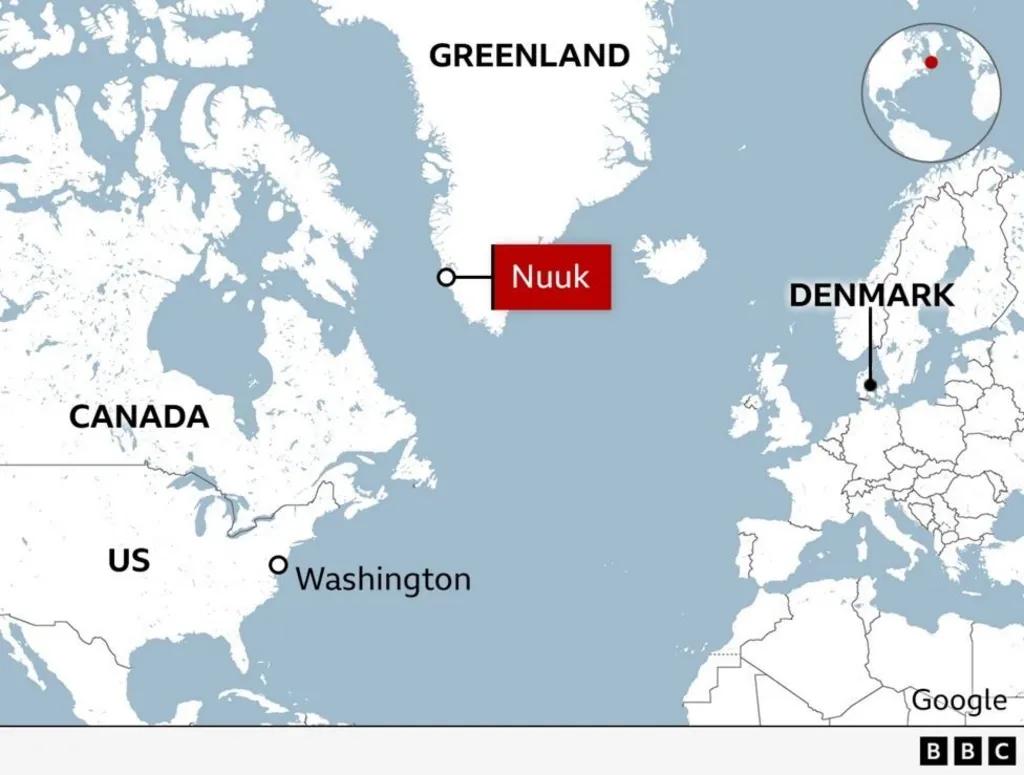
Denmark’s foreign minister has summoned the most senior US diplomat in Copenhagen after reports surfaced alleging that American operatives attempted to interfere in Greenland’s internal affairs. minotaur fight store | minotaurfightstore
According to Denmark’s public broadcaster DR, sources claimed that American citizens carried out covert activities designed to sway Greenlandic society toward breaking away from Denmark and aligning with the United States. The report did not clarify on whose behalf these individuals were acting.
Denmark’s intelligence service (PET) has previously cautioned that Greenland is a target for “various influence campaigns,” warning that foreign actors could attempt to exploit existing tensions or spread disinformation.
Foreign Minister Lars Løkke Rasmussen said interference in Denmark’s internal affairs was “completely unacceptable,” confirming that US chargé d’affaires Mark Stroh had been called in for talks. The United States currently has no ambassador stationed in Denmark.
The allegations come against a backdrop of heightened tension over Greenland’s future. Former US President Donald Trump repeatedly voiced interest in acquiring the Arctic territory, at one point suggesting he would not rule out military force. Current US Vice-President JD Vance has also accused Copenhagen of neglecting investment in Greenland, despite the island’s strategic importance for mineral resources and Arctic shipping routes.
During a visit to Greenland earlier this year, Danish Prime Minister Mette Frederiksen firmly rejected any prospect of annexation, stating: “You cannot annex another country.”
Greenland, which has enjoyed broad self-rule since 1979, remains part of the Kingdom of Denmark, with Copenhagen overseeing its foreign and defense policy. While many Greenlandic political parties favor eventual independence, polls indicate that most citizens oppose joining the United States.
DR’s investigation described a recent visit by an American to Greenland’s capital, Nuuk, where he allegedly sought to identify locals sympathetic to US interests and compile a list of potential recruits for a secessionist movement. The Wall Street Journal had earlier reported similar claims in May, suggesting US intelligence agencies had been directed to focus on Greenland’s independence movement and mineral wealth.
Tulsi Gabbard, the US Director of National Intelligence, did not deny those reports but accused the media of undermining national security.
The diplomatic row marks an unprecedented strain in US-Danish relations. Jens Ladefoged Mortensen, a political scientist at the University of Copenhagen, called it “a diplomatic yellow card” and described Washington’s stance as “shocking” for a country long considered staunchly pro-American.
The controversy comes as tensions also flare in the energy sector. Danish renewable energy giant Ørsted — majority-owned by the Danish state — recently faced a US government order to halt construction on the nearly completed Revolution Wind project off Rhode Island. The order, backed by Trump, sent Ørsted’s shares plunging, though they have since partially recovered.
Greenland’s Prime Minister Jens-Frederik Nielsen reiterated in May that the island’s future remains in the hands of its people: “We don’t belong to anyone else. We decide our own future.”






